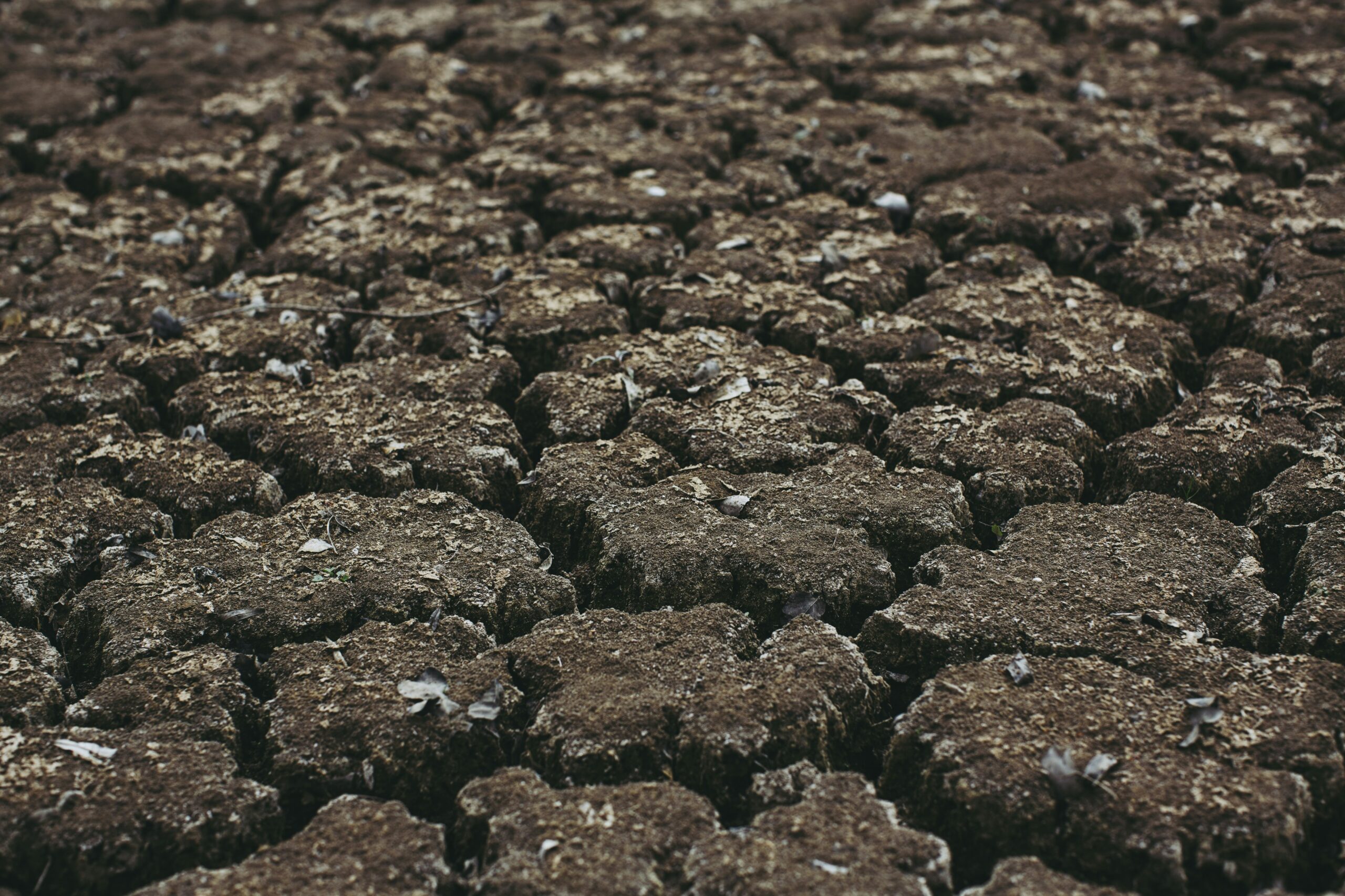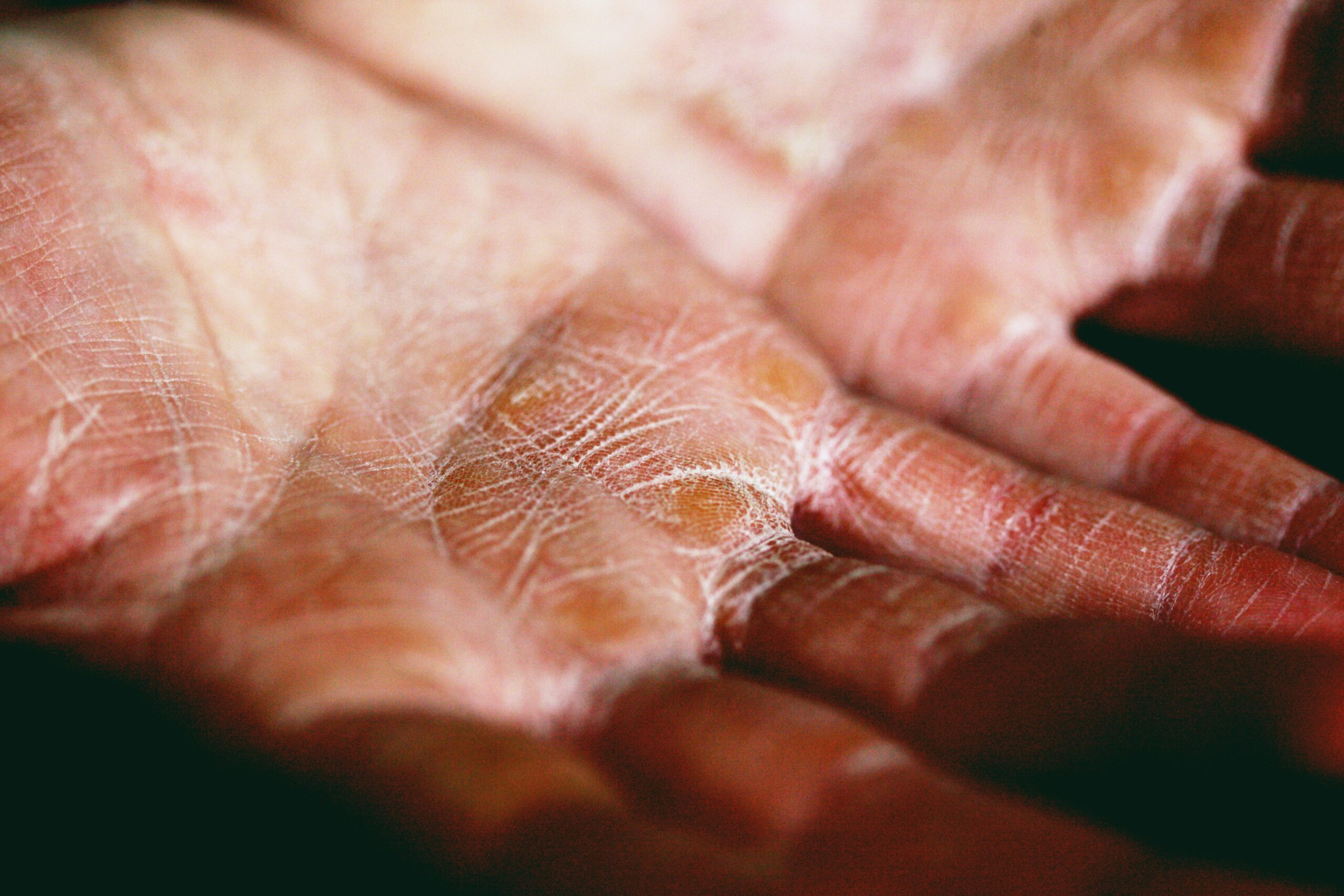Have you ever wondered why your urine sometimes has a particularly strong or unpleasant odor in the morning? It might have left you curious, concerned, or even embarrassed. Understanding the reasons behind this phenomenon can help you better manage it and, in some cases, might even uncover underlying health concerns.

The Science of Urine Odor
Urine is a waste product formed by your kidneys to remove excess substances and toxins from your bloodstream. Its primary components are water, urea, creatinine, and a mix of other inorganic and organic substances. The distinct smell in your morning urine arises from multiple contributing factors.
Concentration of Urine
In the morning, your urine often appears darker and smells stronger due to its higher concentration. When you sleep, you usually don’t drink any fluids for several hours, leading to decreased urine production. As a result, the waste products in your urine become more concentrated, amplifying their smell.
Dehydration
Dehydration is another common cause of foul-smelling urine. When you don’t consume enough fluids during the day, your body conserves water by reducing the amount of urine produced, which becomes more concentrated and has a stronger odor. Drinking ample water throughout the day and especially before bedtime can help dilute your urine and reduce the intensity of the smell.
Dietary Contributions
Your diet has a significant impact on the smell of your urine. Certain foods and beverages can cause urine to have a stronger or unusual odor.
Asparagus and Other Vegetables
Asparagus is well-known for causing foul-smelling urine due to the breakdown of sulfur-containing compounds. Other vegetables like onions, garlic, and brussels sprouts can have similar effects on urine odor due to their high sulfur content.
Spices and Supplements
Spices such as curry, turmeric, and fenugreek, and even certain vitamins and supplements, especially B vitamins, can affect urine odor. If you notice a change in smell after consuming these, it’s entirely normal and typically harmless.
Foods Rich in Protein
High-protein diets increase the level of urea in your urine. Urea, a waste product of protein metabolism, can lend a strong ammonia-like odor to your urine, especially noticeable in the morning.
Coffee and Alcohol
Both coffee and alcohol can lead to dehydration, causing your urine to become more concentrated. Additionally, the compounds in coffee are metabolized and excreted, resulting in a distinctive smell.
Health Conditions
While diet and hydration levels are common causes, sometimes an underlying health condition might contribute to the odor of your urine.
Urinary Tract Infections (UTIs)
A common cause of foul-smelling urine is a urinary tract infection (UTI). Bacteria present in the urinary tract can produce a strong, unpleasant smell, often accompanied by symptoms like a frequent urge to urinate, a burning sensation during urination, or cloudy urine.
Diabetes
Uncontrolled diabetes can lead to sweet-smelling urine due to the high levels of glucose present. This condition, also known as diabetic ketoacidosis, requires immediate medical attention.
Liver Disease
Liver diseases can cause a musty or sweet odor in urine due to the presence of certain metabolites that are typically processed by the liver. If you suspect liver disease, consult a healthcare professional.
Metabolic Disorders
Certain inherited metabolic disorders, such as maple syrup urine disease or trimethylaminuria (fish odor syndrome), can cause distinct smells in the urine. These conditions are rare but noticeable due to their strong, unique odors.
Medications
Medications and medical treatments can also influence the smell of your urine. Some antibiotics, vitamins, and chemotherapy drugs, for example, are known culprits.
Antibiotics
Antibiotics like penicillin can cause a change in urine odor due to how the body breaks down these medications and excretes them.
Chemotherapy
Patients undergoing chemotherapy often report changes in urine odor due to the body’s processing and elimination of the treatment drugs.
Vitamin Supplements
High doses of vitamin B6, or other supplements, can affect urine smell. If you’re taking any multivitamins and notice a change, this could be the reason.

Lifestyle Factors
Your overall lifestyle also plays a role in the smell of your urine. Lack of hygiene, stress, and even excessive exercise can contribute to this issue.
Poor Hygiene
Not maintaining proper hygiene, especially in the genital area, can lead to unpleasant smells in your urine. Regular cleaning with mild soap and water can help.
Stress
Stress affects your whole body, including your digestive system and urinary tract. High-stress levels can lead to dehydration and affect your eating habits, both of which can impact urine odor.
Exercise
Intense exercise can result in dehydration. If you don’t rehydrate properly post-exercise, your urine will be more concentrated and may have a stronger smell.
When to Seek Medical Attention
While many causes of smelly urine are harmless and temporary, some require medical attention. If you experience any of the following symptoms along with changes in urine odor, consider seeing a healthcare provider:
| Symptoms | Potential Conditions |
|---|---|
| Pain or burning during urination | UTI, kidney stones |
| Cloudy or bloody urine | UTI, kidney stones, bladder infection |
| Persistent strong odor | UTI, diabetes, liver disease |
| Frequent urination or urgency | UTI, diabetes |
| High fever and back pain | Kidney infection |

Preventative Measures
Maintaining a healthy lifestyle can help prevent foul-smelling urine. Here are some tips to keep your urine smelling fresh:
Stay Hydrated
Drink plenty of water throughout the day. Aim for at least 8-10 glasses to ensure your urine remains diluted, which helps minimize the odor.
Balanced Diet
Eating a balanced diet with moderate protein intake, minimal processed sugars, and reduced high-sulfur vegetables can help regulate urine odor.
Practice Proper Hygiene
Regular hygiene practices can prevent infections and reduce urine odor. This includes washing the genital area with mild soap and water daily.
Monitor Health Conditions
Keep track of any underlying health conditions and manage them effectively. Regular check-ups with your healthcare provider can help you stay on top of any potential issues.
Limit Irritating Foods and Beverages
If certain foods like asparagus, coffee, or alcohol are contributing to the smell of your urine, consider moderating their intake.
Home Remedies
Sometimes, simple home remedies can help in reducing the smell of your urine.
Cranberry Juice
Cranberry juice can prevent bacterial adhesion in the urinary tract, which might help in preventing UTIs and consequently bad-smelling urine.
Citrus Fruits
Consuming citrus fruits like oranges and lemons can help neutralize the odor of your urine. They increase urine acidity, which can reduce bacterial growth in the urinary tract.
Baking Soda
A small amount of baking soda mixed with water can help neutralize the acid in your stomach and urinary tract, potentially reducing urine odor. However, consult a healthcare provider before trying this.
Final Thoughts
Understanding the reasons behind bad-smelling urine in the morning can help you manage it better and seek medical attention when necessary. Simple adjustments to your diet, hydration levels, and personal hygiene can make a significant difference. Always listen to your body and consult with a healthcare provider if you notice persistent or concerning symptoms. Your urinary health is a window to your overall well-being, so it’s important to pay attention and take proactive steps to maintain it.

